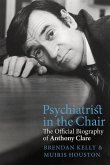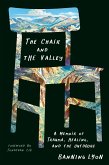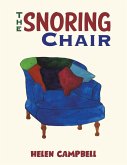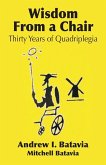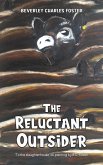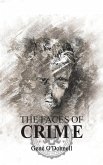I have a very severe disability: I use a wheelchair full-time, have very limited use of my hands, and some people find it difficult to understand me when I speak. This book is about how I achieved my PhD, the highest qualification a person can earn. My research took place at a special school, where I formed advocacy sessions with the young people there. In these sessions, we discussed their hopes and plans for life after school. I also shared my own experience transitioning from special education to mainstream schooling, as many of them had disabilities similar to mine. One of the main challenges in my research was the way I gathered data. Traditional one-on-one interviews were impossible because I relied on my personal assistant to interpret my speech, while each young person often required their own interpreter. As a result, we had to explore alternative methods for collecting information. Because I am unable to use pen and paper, observations were also challenging. My personal assistant took notes for me while we were at the school, and I would type them up on my computer when I got home.
Hinweis: Dieser Artikel kann nur an eine deutsche Lieferadresse ausgeliefert werden.
Hinweis: Dieser Artikel kann nur an eine deutsche Lieferadresse ausgeliefert werden.


